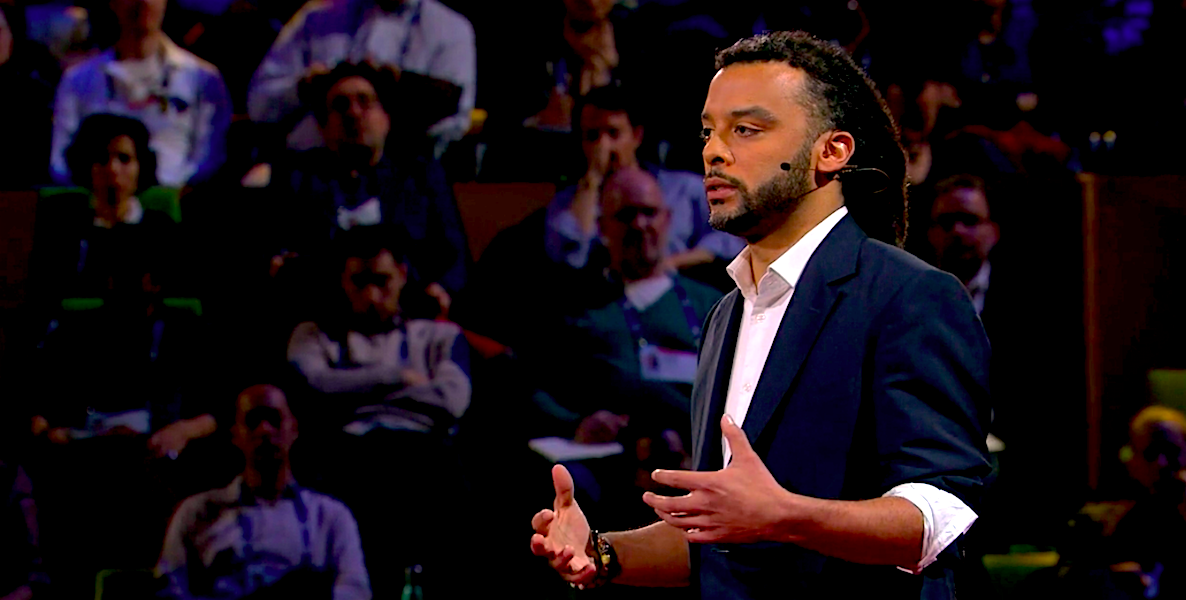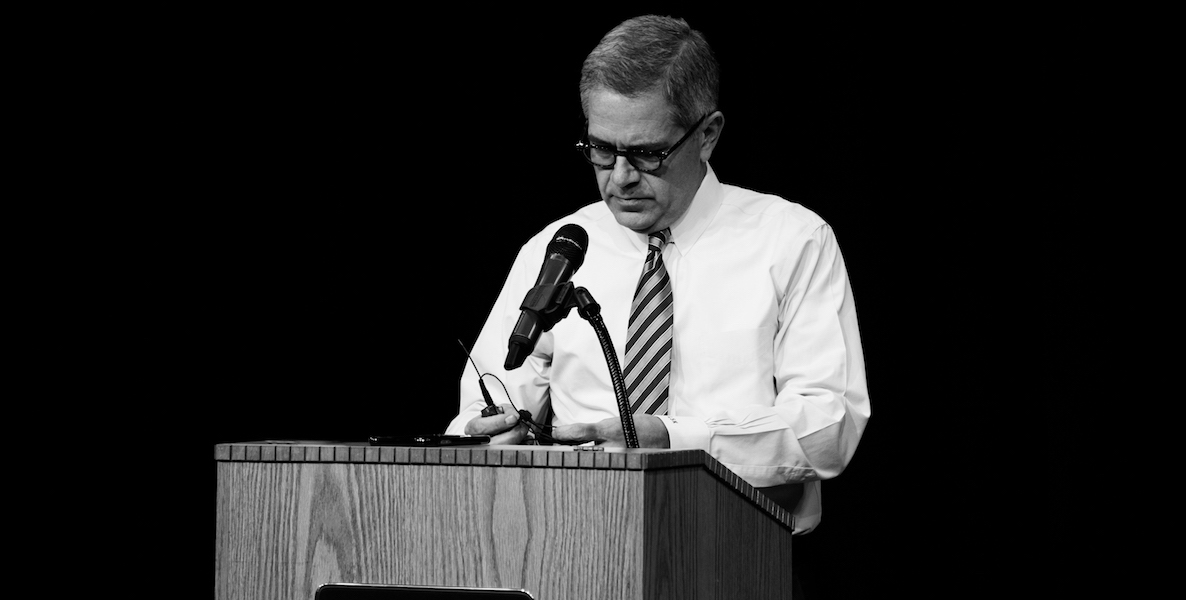The homicide rate in Philadelphia is the highest it has been in over 10 years. In response to this crisis, a number of officials are floating a recklessly false narrative that this spike is because of efforts to reform our brutal and racially-biased system of mass incarceration. Police Commissioner Ross came close to blaming DA Krasner and other reformers for the increase at his press conference two weeks ago – a growing trend of falsely tying gun violence to animate fears of bail reform in our big cities.

Prefer the audio version of this story? Listen to this article in CitizenCast below:

Commissioner Ross never had to come out and directly blame Krasner, because he knew the papers would report on his ruminations. If this tactic seems familiar, it is. It’s a Trumpian-style distraction: spreading an idea that the speaker can’t justify or defend that the media will spread. This is a classic move of politicians using deflection to redirect blame.
Consider this: Clearance rates are used by police forces to measure how often a crime results in arrest (regardless of whether it’s the right person or the wrong person). The national average is 60 percent of reported murders result in arrest. In Philadelphia, under Commissioner Ross, the clearance rates have taken a nose-dive. Philadelphia’s homicide clearance rate is now 40 percent. That means 3 out of 5 people who kill someone will never be arrested. If Commissioner Ross wants to publicly wonder, without evidence, if the legal system has sent a message of no consequence leading to a spike in murders, then he should also be willing to get his own house in order.
If Commissioner Ross wants to publicly wonder, without evidence, if the legal system has sent a message of no consequence leading to a spike in murders, then he should also be willing to get his own house in order.
What this narrative also misses is that criminal justice reform did not begin with Larry Krasner. I know, because as former Policy Director at the Defender Association, I was a part of the initial team that assembled the application to the MacArthur Foundation’s Safety and Justice Challenge. That was in 2015. If the musings of the Police Chief were true, it wouldn’t take several years for us to see a violent crime spike. This package of inter-agency initiatives resulted in an incredible 36 percent decrease in the local jail population from the 2015-2018, while violent crime steadied or decreased.
Krasner’s election was a product of reform, and he was voted for by people who were already achieving it through public pressure and direct action. Make no mistake, Krasner was and still is expected to help take reform to the next plateau. But it is the people, not politicians, who are leading the charge and calling for seismic change from their District Attorney, and the system at-large. It will take more than misdirection to quiet the call.
There are obvious reasons that beginning to release people from jail who shouldn’t be there hasn’t caused an increase in crime, and the evidence on the topic is growing. A recent study showed that DA Krasner’s first round of bail reforms didn’t cause an increase in people failing to appear for court or committing crimes while released. This adds to the body of research that demonstrates that cycling people through prison increases the violent crime rate and further destabilizes neighborhoods that are already at an economic and social disadvantage.
Not only does keeping innocent people locked away pre-trial not make matters better, it makes them worse.
Krasner has taken bold steps for a prosecutor. But, by and large, they are also small steps, especially when you consider the urgency of the mass incarceration crisis. For example, many celebrated the policy changes that told DAs in court to ask for no cash bail for certain allegations. Yet the fine print is that these were all misdemeanors and a handful of low-level felonies; charges where people rarely got bail anyway. For the rest of charges, including gun possession, there was no change in how the DA asked for cash bail as compared to the city’s former DAs. In other words, cash bail in these cases is not set the way the law demands—with the amount reflecting a person’s ability to afford it—but as a way to keep people behind bars with extremely expensive bails, all without having to directly admit that this is what they’re doing.
Not only does keeping innocent people locked away pre-trial not make matters better, it makes them worse. People put in cells before trial for as little as 48 to 72 hours are more likely to be arrested for a crime while out on bail than those not detained. Unsurprisingly, the longer you hold people, the more this effect intensifies.
The concern here is not just how wrong our city leaders are about this current crisis and how to stop it. It’s also that fear-mongering and reactive calls to return to the way things used to be in the legal system belie productive governance and policy-making. It’s used to distract us so we don’t hold the system itself, and those at the top, accountable.
We need a meaningful plan on how to stop this level of violence. To start, we must acknowledge the way of thinking that created this justice and human rights crisis is part of, if not the root, of the problem. Only then can we find new solutions that do justice to the suffering caused by violence.
Mark Houldin is former Policy Director at the Defender Association of Philadelphia and a member of the No215Jail Coalition.









